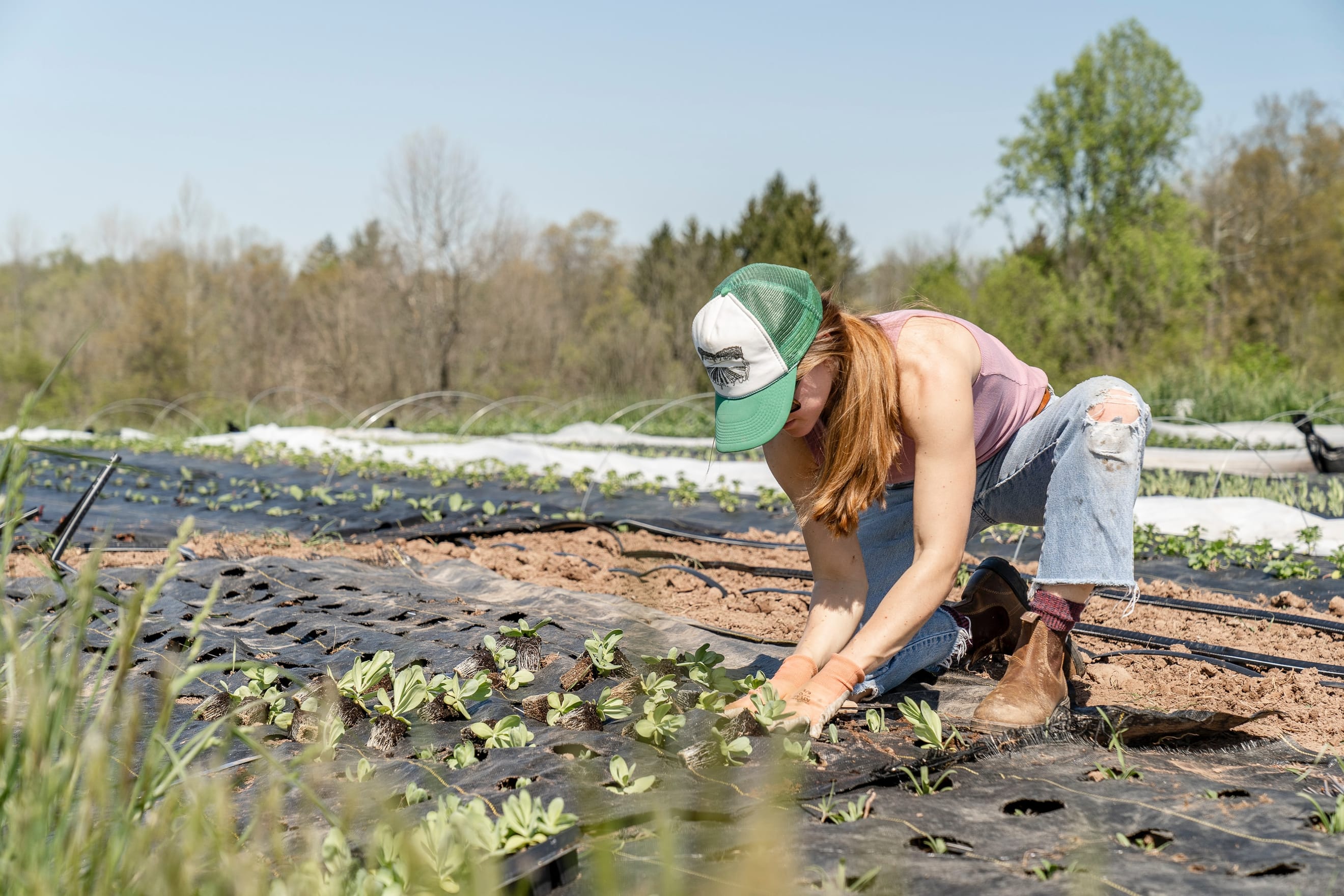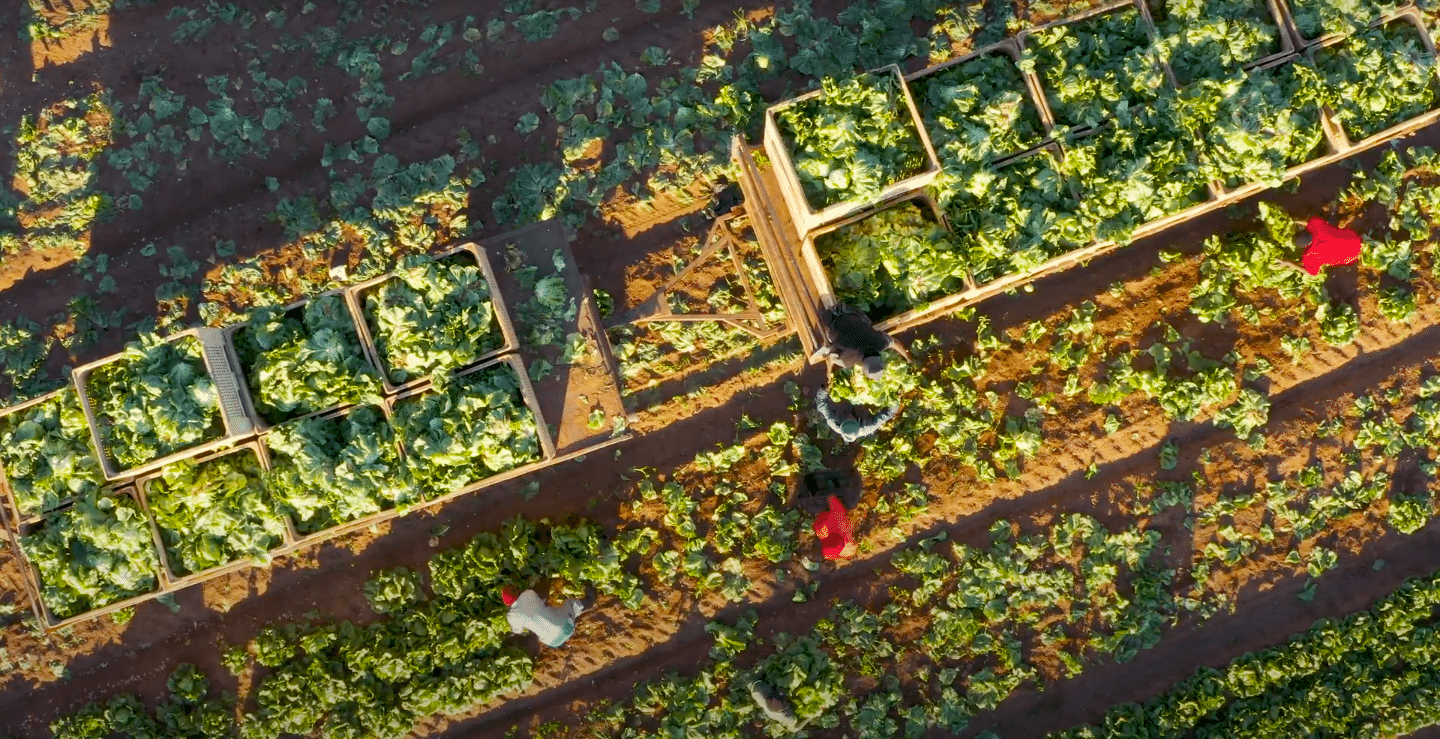
We need to invest a lot more in agriculture
25 leading philanthropies recently issued a joint report, calling for a tenfold increase in funding for regenerative and agroecological transitions to address urgent global agricultural and environmental challenges. They urge that to align food systems with the 1.5ºC goal of the Paris Agreement there is a need to phase out fossil fuel use, especially fossil fuel–based agrochemicals in industrial agriculture, and transition toward agroecology and regenerative approaches.

This is not the first call for a greening of our agriculture system. One thing that is a bit different in this report is the focus on the need for a systemic change. And the benefits that it will bring.
"Evidence from around the world has shown that agroecological transitions result in a cascade of positive results, from stable yields, crop resilience and higher incomes for farmers, fishers, and food producers to improved nutrition and food security and enhanced biodiversity".
Plus, they highlight the need for massive levels of new investment. They estimate that the cost of a global transition to agroecology and regenerative approaches is US$ 250-430 billion pa. But, they also highlight that this is just a fraction of the US$12 trillion pa of hidden costs, including include hunger and malnutrition, environmental damage, lost worker productivity, and health care.
To put the investment need in context, current philanthropic, public, and private investments in agroecology and regenerative approaches are estimated to be USD 44 billion pa. So a massive gap to bridge. But they also estimate that $635 billion pa goes on agricultural subsidies. Hence the need for a systemic rethink.
But, this is not just about investing more. We need to find better ways of getting the money to work on the ground, at scale. Changing agricultural practices is tough. We need everyone in the food supply chain to play their part, retailers, distributors, food processors, and farmers, plus governments and NGO's. And of course, investors.
We need companies to set up long term changes programmes, where they work with farmers over an extended period, providing the upfront investment that enables them to grow the products in a way that the end consumer is happy to pay for.
As we frequently say, "someone needs to pay the necessary cost for implementation, and many farmers are currently poorly placed financially to take another hit to incomes". And this is true even in the developed world.

This article featured in What Caught Our Eye, a weekly email featuring stories we found particularly interesting during the week and why. We also give our lateral thought on each one. What Caught our Eye is available to read in full by members.
If you are not a member yet, you can read What Caught Our Eye when it comes out direct in your email inbox plus all of our blogs in full...


Please read: important legal stuff.


